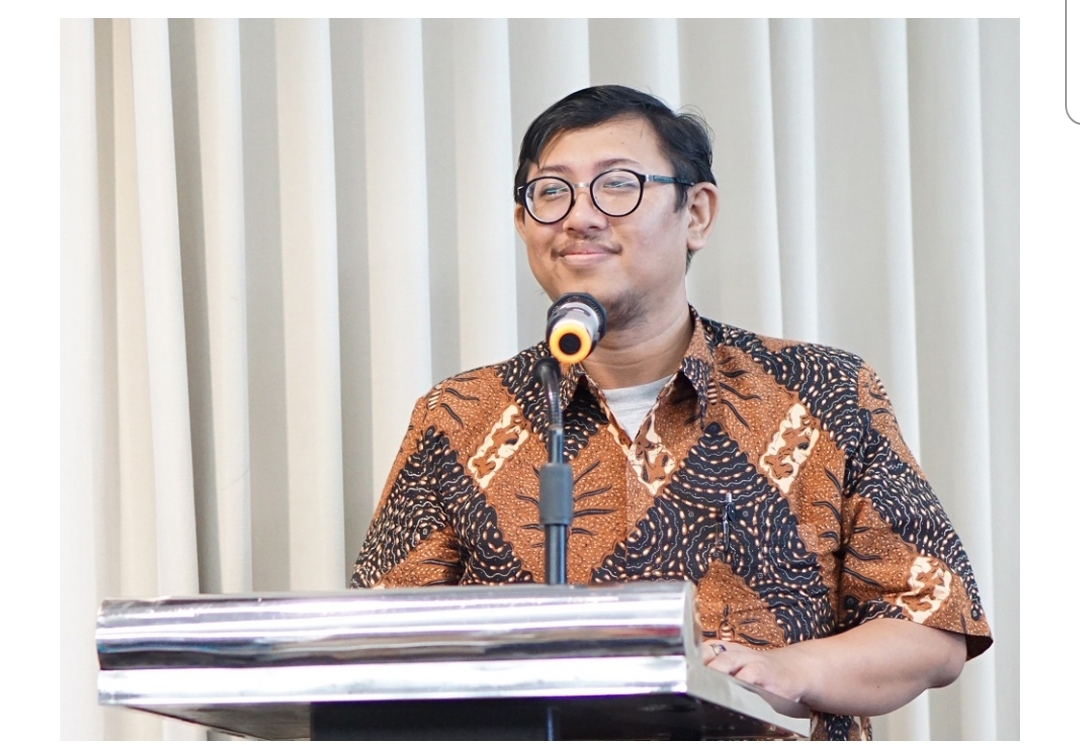UNAIR NEWS – The SARS-CoV-2 mutation has given rise to a new MU variant which is said to be able to evade antibodies. The variant first appeared in Colombia in January 2021, has now spread widely in South America and other 46 countries in the world.
In this regard, the Faculty of Medicine (FK) Lecturer and Immunology Expert at Universitas Airlangga, Dr. Agung Dwi Wahyu Widodo dr., M.Si, M.Ked.Klin, SpMK., gave some statements. From several studies compiled by WHO, he explained, the MU variant was reported to have immunity to antibodies from convalescent plasma or from patient serum.
“It shows that it (MU variant, ed) is able to escape from antibodies,” he explained in an interview on Monday, September 20, 2021.
The characteristics of the MU variant are said to be similar to its predecessor, the Beta variant. However, judging from the geographical mapping, Agung explained the MU variant appears in the Gamma and Lambda variant areas. Therefore, it is possible that all three have similar characteristics.
Regarding the mutation of SARS-CoV-2, Agung said, viruses that spread naturally could experience mutations. The mutation process can occur randomly or in certain areas.
For example, if there is a mutation in the spike area or the antibody capture point, an examination of whether the antibody is able to attach to the area can be carried out. However, if the mutation produces a new protein or a different peptide, the antibodies will find it difficult to attach to that area.
“This is why some viruses with spike variants cannot be attached by antibodies. They are capable of avoiding the patients’ antibodies,” explained Agung.
According to Agung, compared to the Delta variant, the MU variant is indeed weaker. Based on the classification from WHO, the MU variant is included in the VOI or Variant of Interest category. Meanwhile, the Delta variant includes VOC or Variant of Concern.
“The levels show that the Delta variant is stronger and more powerful than the MU variant,” he added.
However, preventive efforts must always be carried out strictly. There are at least three prevention schemes suggested by Agung. The first is prevention for individuals with 5M; wearing masks, washing hands, maintaining distance, reducing mobility, and avoiding crowds.
Second, if there is a spike in cases on a local scale such as in the city, it is necessary to conduct isolation or PPKM (public activity restrictions). “Conduct restrictions on entry and exit (mobilities) to prevent another wave of Covid-19,” added Agung.
Meanwhile, on a larger scale, a larger set of preventive measures are needed such as screening and quarantine for foreigners who want to enter Indonesia for example immigrant workers.
“Quarantine and identification or tracing must be super strict so that we know they don’t bring new variants which can spread to Indonesia,” he said. (*)
Author: Erika Eight Novanty
Editor: Khefti Al Mawalia (YA/AP)





